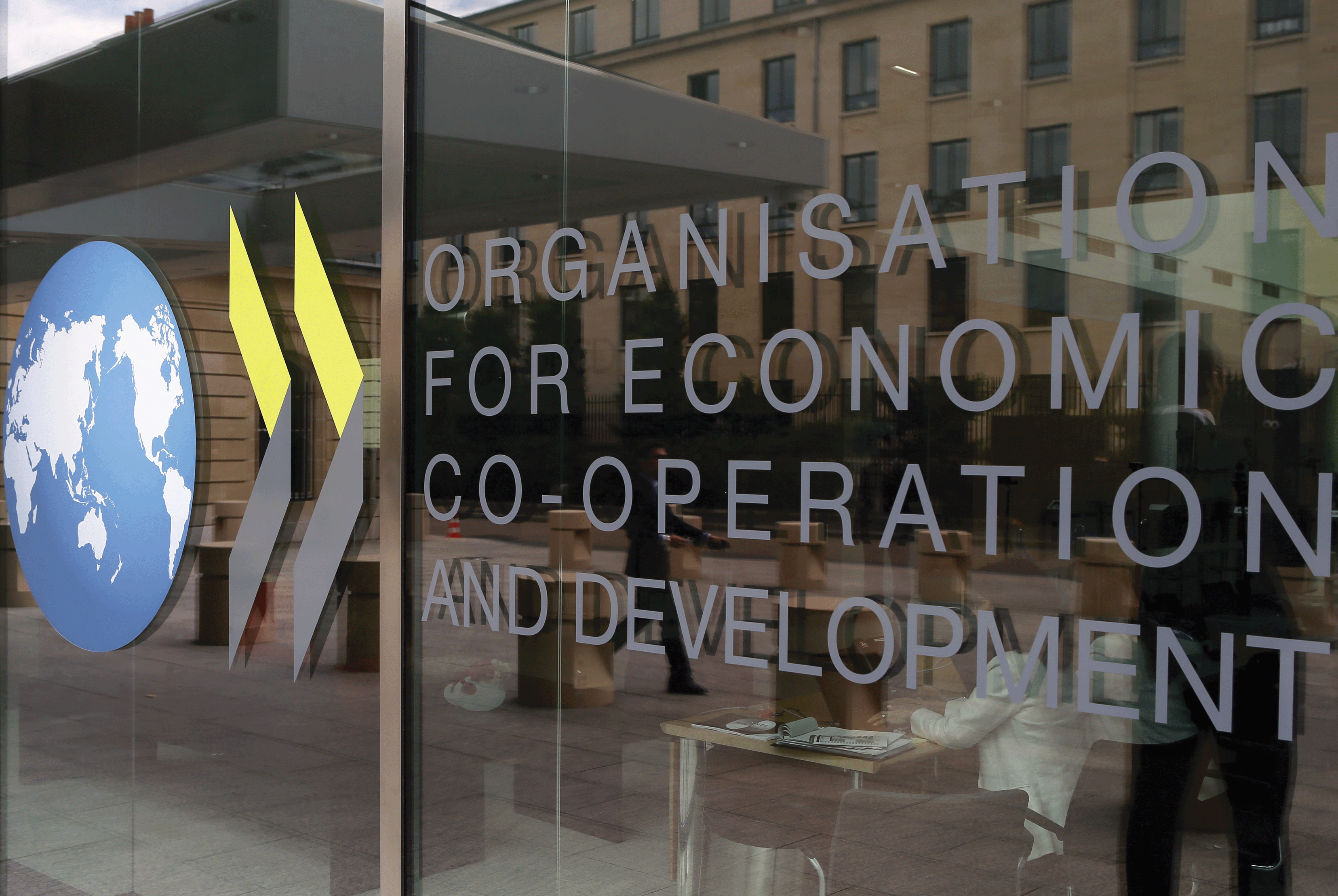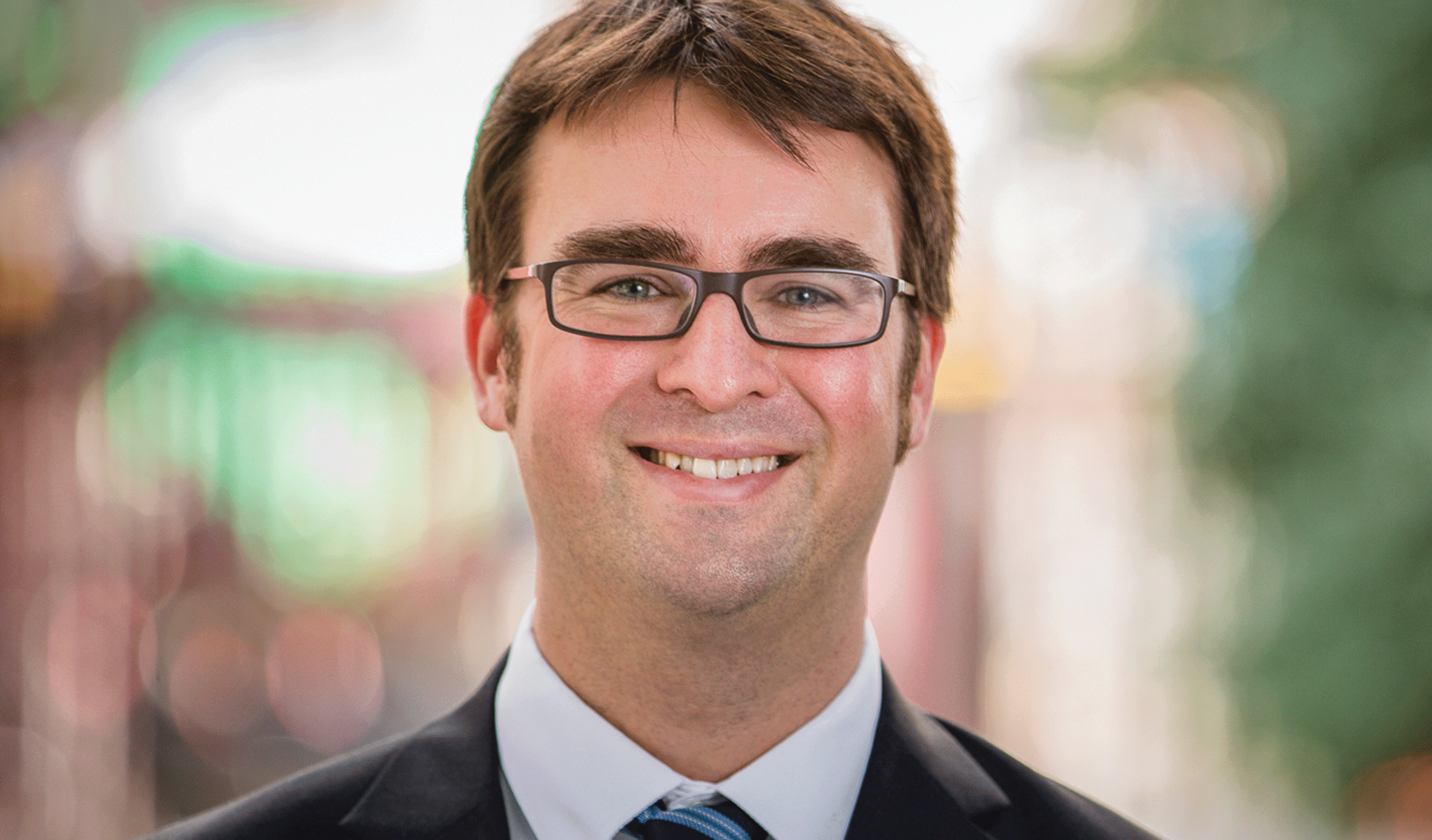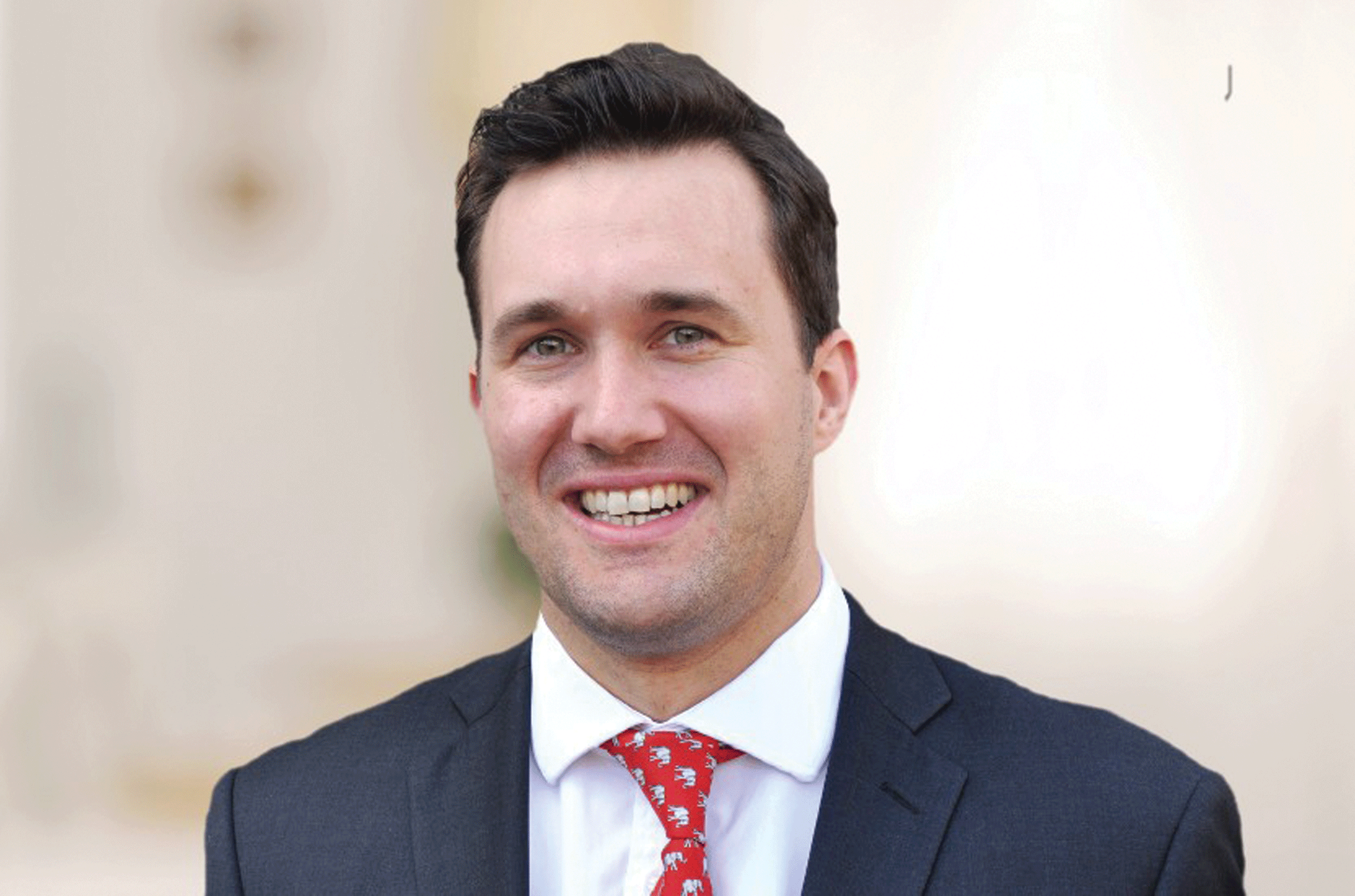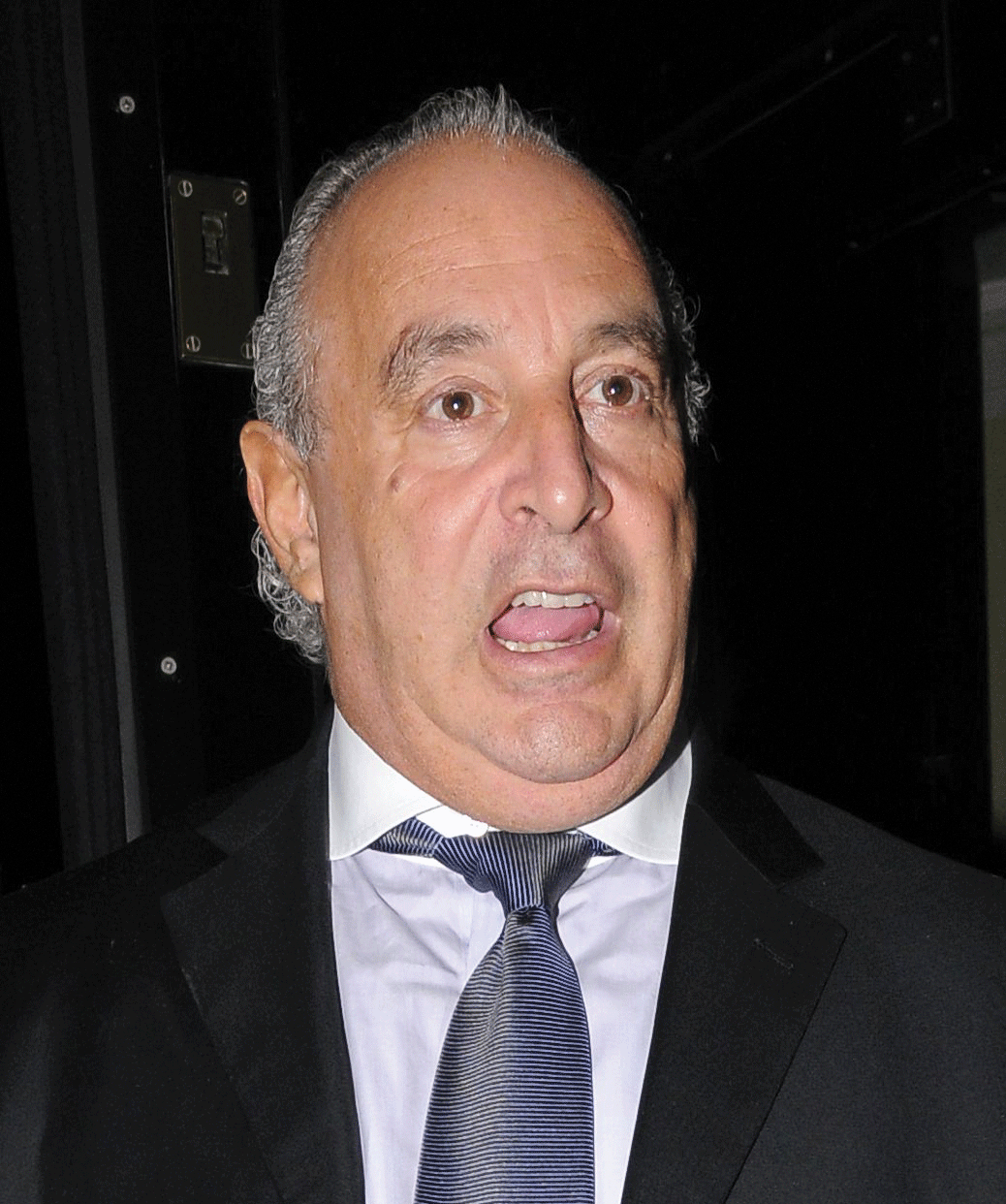With private wealth under cross-border scrutiny, the nervous rich are reaching for lawyers who must also put their own houses in order.
There is more concentration of private wealth now than there has probably been at any time, certainly in the post-second world war era,’ says Philip Munro, partner at Withersworldwide. ‘These days, if you are financially sophisticated and wealthy, it is quite common to have several pieces of real estate and an investment portfolio that will often be split between 20 or 30 markets, and potentially valuable chattels as well, such as artworks and aircraft, [making] succession planning potentially more sophisticated.’

But lawyers advising wealthy individuals and families face more than the (admittedly enviable) headache of moving and trading assets to reflect risk, return and clients’ personal preferences. Charles Russell Speechlys partner Andrew Cameron points out that there has been a ‘change in public sentiment towards wealth, pressure to raise taxes, and increased client concern for privacy and reputation’.
More than 100 jurisdictions have publicly committed to implement the Common Reporting Standard (CRS) of the Paris-based Organisation for Economic Co-operation and Development (OECD) – whereby national tax authorities will share tax information with each other.
Half of the 100+ jurisdictions started to exchange data on offshore financial accounts in September last year – among them the UK, the BVI, Cayman Islands, Guernsey, Jersey and the Isle of Man. A further 53 nations are set to follow this year, according to the OECD.

Trusts, the traditionally discreet vehicle of choice for the wealthy, are also being targeted. It is not hard to see why. Transparency International France estimates that 80% of the global proceeds of tax evasion transit via trusts.
Last July HM Revenue & Customs launched an online trusts register as part of the EU Fourth Anti-Money Laundering Directive. It requires information on the beneficial owners of the trust, whether in the UK or offshore, provided the money comes from a UK asset or source. Britain has also tightened the non-dom regime and increased property taxes for wealthy foreigners. And by early 2021, the government will introduce a public register to compel overseas companies that own or buy property in the UK to provide details of their ultimate owners.
This presents a complex set of overlapping risks for clients. Glenn Hurstfield, a consultant in Irwin Mitchell’s private wealth team in London, says: ‘It is an absolute minefield knowing what you should and shouldn’t do.’
Since May 2016 there has also been a publicly available register of ‘persons with significant control’ in UK companies and LLPs; the CRS and its US equivalent, the Foreign Account Tax Compliance Act (FATCA); not to mention the revamped Markets in Financial Instruments Directive (MiFID II), introduced in January.
Crucially, trusts are included in the CRS’s new worldwide reporting regime. The result, Munro says, has been to take the shine off traditional trusts as a way of securing privacy for wealth (though they remain attractive in succession-planning): ‘CRS means that trusts don’t really have a place in appropriate tax avoidance anymore. You are not really hiding anything through trust planning because it will all be reported. This affects what we do because clients are interested in how the reporting will take place, and [financial] institutions we work with have reporting obligations.’

Law firms’ private wealth teams are in earnest when they insist that ‘privacy’ around wealth is also about safety – including the safety of clients’ children. So in working with the new regimes, lawyers need to consider privacy and data protection. ‘If you live in Latin America, kidnapping, extortion and blackmail are big concerns,’ Munro says. ‘The implication can be quite extreme when some of the jurisdictions which are parties to [CRS] don’t necessarily adhere to international best practice in preserving documents and using information for proper purposes.’
Disputes with tax authorities have increased, he adds, meaning the move towards greater tax transparency is reflected in the ‘uptick’ in defence work in recent years against investigations by HMRC and overseas counterparts: ‘Tax authorities are now being more rigorous in terms of auditing clients and looking into their affairs, rightly or wrongly, and with the CRS there will be further pressure on tax compliance because it puts an awful lot of information in the hands of the tax authorities.’
‘The issue for clients is the heightened fees and complications, which have been brought to the fore by rapidly evolving tax laws,’ notes Payne Hicks Beach partner Frederick Bjørn.
London calling
Lawyers and accountants are under personal pressure as they organise client affairs. New tax disclosure rules released in March by the OECD introduce an obligation on advisers to ‘disclose the schemes to circumvent CRS reporting to the tax authorities’; and to report ‘structures that hide beneficial owners of offshore assets, companies and trusts’.

Despite such pressures, London lawyers remain central to wealthy families’ international affairs. Carole Cook, partner at Mayfair firm Forsters, says: ‘London is a centre of excellence for private client work. Wealthy families outside the UK frequently look to practitioners in London for advice on their succession planning and family governance.’
Growth in that work has not been stalled by the prospect of Brexit. ‘Most of the [private wealth] international market isn’t necessarily about residency in the UK, it is about accessing services,’ says Ashley Crossley, Baker McKenzie partner and chair of the firm’s Europe and Middle East wealth management practice group. ‘Brexit is having very little effect on the international wealthy client wanting to use London lawyers or London as a financial centre.’
Charles Gothard, partner and co-head of MacFarlanes’ family office group, cites two main categories that have increased: ‘[First], international families moving to the UK or acquiring a home here either for business, given the City’s strength as a financial centre, or for their children’s education or security.’
The second is clients from developing regions such as the Middle East, Latin America or the far east ‘who have built up considerable wealth and can’t get advice locally on how best to structure it’, Gothard says. That is ‘either because local advisers don’t have experience of international wealth structuring, or because the client wants to keep their affairs confidential but doesn’t want to confide in a local adviser and risk having their affairs discussed at the golf club’.
Succession story
Privacy, safety and tax grab the media headlines that attach to private wealth. These are all of deep concern to clients and their lawyers. But the trusts and structures that are the subject of governmental and tax authority interest are used to achieve wider goals, with ‘succession-planning’ heading the list.
As Cook asserts: ‘Trusts and other structures used by families to manage their wealth are not generally set up to save tax but to provide for succession planning. This goes hand in hand with the need for advice on family governance.’
She says family governance (or ‘dynastic planning’) for British or overseas families and their businesses ensures that the transfer of wealth to the next generation is ‘as tax-efficient as possible’; that it avoids ‘fragmentation’ through in-fighting, divorce and other family disputes; and that ‘everybody within the family knows which way the company is going so that there are no unforeseen problems’.
IN NUMBERS
80%
Percentage of the global proceeds of tax evasion estimated to transit via trusts
100+
Number of jurisdictions that have committed to implement the OECD’s Common Reporting Standard, through
which national tax authorities will share information
£1.5m
The value of a second home attracting stamp duty land tax, which rises to a top rate of 15%
£227,000
The maximum amount of annual tax on enveloped dwellings. It applies to onshore and offshore corporate entities, including companies, that own, wholly or in part, UK residential properties valued at more than £500,000
£50,000
The threshold at which HMRC or the Serious Fraud Office can obtain Unexplained Wealth Orders from the High Court to compel individuals and companies to disclose how they acquired property if there is reasonable suspicion of serious crime
Gothard says: ‘Increasingly [we coordinate] work across other practice areas including corporate, commercial, fund structuring, litigation and regulatory advice, as these all impact on the affairs of business owners.’ Advice covers business succession planning, but also immigration, real estate, charity law and philanthropy, in addition to ‘traditional’ tax and estate planning.
One prompt for reconsidering those arrangements is where trusts ‘come of age’. This includes trusts set up 20 or 30 years ago where the ‘principal’ has either died or reached a stage in life where the assets are being transferred to the next generation. ‘In some cases a significant part [is] being redeployed for philanthropy as the family wealth has grown exponentially,’ Gothard says. ‘They have decided that there’s more than enough and they don’t want their grandchildren to be disincentivised from working.’
Succession also prompts litigation. Munro singles out ‘the first waves of major international pieces of trust planning, where trusts were first used in countries like Saudi Arabia’. He adds: ‘That first generation is starting to die and quite often you find that litigation arises because they haven’t told their wider family about the [succession] planning.’
As wealthy people live longer, lawyers must also deal with issues relating to the mental capacity of elderly clients with assets, children and grandchildren dispersed around the globe. ‘It is an area where the level of work is massively increasing because we are seeing people living for longer but losing mental capacity,’ Munro says.

Non-dom overhaul
If public attitudes to wealth changed with the global financial crisis, one particular group in the UK has been singled out for special attention – non-UK-domiciled individuals, or ‘non-doms’. Prominent figures whose non-dom status has attracted headlines included Conservative party donor Lord Ashcroft, HSBC’s chief executive Stuart Gulliver and former Top Shop owner Sir Philip Green. These people seemed to enjoy all the benefits of life and business in the UK while deciding to pay taxes in jurisdictions where taxes were set substantially lower.

As a result of such high-profile controversies the non-dom tax regime, which dates back to 1799, has been overhauled in the past decade. Since 6 April 2015 non-residents must pay capital gains tax on the sale of UK residential property (likely to be extended to commercial property in 2019). The result, Bjørn points out, is the ‘increasingly complicated’ tax regime for non-doms.
Since 6 April 2017, people who reside in Britain but claim their permanent home (or domicile) is overseas have been ‘deemed’ UK-domiciled after living in the UK for 15 out of the previous 20 UK tax years. This means they are liable for income, capital gains and inheritance tax on foreign income and gains. ‘Consequently, there has been a lot of advice to clients becoming “deemed domiciled” who, from a tax planning perspective, can do a lot of helpful planning before the 15-year point,’ Gothard says. ‘Although some clients do decide that that’s the moment to leave the UK.’
Also from April last year, UK residential property held via an offshore company or trust structure has come within the scope of inheritance tax. And since 2013, there has been an annual tax on enveloped dwellings (ATED) of up to £227,000. This applies to onshore and offshore corporate entities, including companies that own, wholly or in part, UK residential properties valued at more than £500,000 (the threshold was lowered in April 2016 from the initial £2m).

‘Not surprisingly, that came as a shock to many property owners, some of whom decided to sell up or restructure and instead own the house personally, but the process of getting rid of the company or “de-enveloping” can itself trigger taxes’, Gothard explains.
Arabella Murphy, head of the private wealth practice at Maurice Turnor Gardner, says: ‘De-enveloping has kept private client and residential property lawyers busy. It had a massive impact on clients and led to wholesale reviews of their wealth structures involving trusts, offshore companies, foundations and UK residential property, the implementation of which needed to be completed by 5 April this year to be effective.’
Although tax changes have generated plenty of work for private client lawyers, some question whether the UK is still a good place to invest from offshore. ‘We seem to be going out of our way to make ourselves less tax-attractive,’ Jo Summers, a partner at PWT Advice, said at the Law Society’s last private client conference.
There is also the new trusts register, which catches any trust with a UK tax liability, and requires information on trustees, beneficiaries and anyone with ‘effective control’ over the trust; and the increased stamp duty land tax (SDLT), with a 3% surcharge on second homes since April 2016.
‘The SDLT increases, which can be up to 15% if it is a second home [worth over £1.5m], have to a large extent killed the London market,’ Crossley says.
Unexplained wealth
Like the OECD’s tax disclosure rules, the Criminal Finances Act (CFA) 2017 places new responsibilities on lawyers. In force since 30 September, it introduces a new corporate criminal offence of failing to prevent tax evasion. This places, as Munro notes, ‘a lot of onus on private client lawyers to make sure that they are not inadvertently helping someone to evade tax’.
The CFA also created the new regime of unexplained wealth orders (UWOs), which began on 31 January, to tackle financial crime and money laundering. Enforcement authorities such as the HMRC or the Serious Fraud Office can obtain UWOs from the High Court to compel individuals and companies to disclose how they acquired property worth more than £50,000 if there is reasonable suspicion of serious crime. UWOs also apply to politicians or officials from outside the European Economic Area, or those associated with them – for example politically exposed persons.
According to Withersworldwide, ‘already [UWOs] have anecdotally been linked to a number of Russian oligarchs approaching the Kremlin to discuss returning to Russia’.
CHECK THE FATCA
The OECD’s Common Reporting Standard was inspired by the US’s Foreign Account Tax Compliance Act (FATCA), in force since January 2013. Under the FATCA agreement with the US, UK financial institutions are required to report to HMRC on US customers that hold accounts with them.
But the US has not joined the CRS, opening a loophole for clients, particularly those from ‘dangerous jurisdictions’ who

Baker McKenzie partner Ashley Crossley says there has been ‘some client interest’ in setting up trusts in the US, but not a ‘huge flow’ of such work.
‘Trump,’ observes Crossley, ‘is more into bilateral than multilateral arrangements, and so the CRS is less on his agenda than it would have been for a different administration. While that has undoubtedly meant that several clients and professional advisers are thinking of Delaware and other US states as a place to have trusts, the reality is that there is still a lot of regulation and oversight in the US. If the [Internal Revenue Service] wants information it will get it.’
He argues that ‘properly advised clients’ are not dodging jurisdictions that have implemented the CRS, but rather those that haven’t done it well. ‘The CRS has been drafted into local laws in different ways in different jurisdictions,’ he says. Clients are, for example, looking at ‘what protections are in place to ensure that information is kept confidential and exchanged only in legitimate circumstances’.
Lawyers are also grappling with sanctions and the restrictions they impose on wealthy foreign clients. Notable examples include international sanctions against Russia over Crimea and those imposed in April by the US against a group of Russian oligarchs and their companies. ‘The sort of jurisdiction where you are applying sanctions is probably exactly the sort of jurisdiction where certain individuals are quite legitimately looking to use succession-planning structures,’ Munro observes.
Most clients, though, are opting to move affairs away from areas of political volatility, and therefore – with advice – are learning to live with more closely regulated, transparent regimes.
As Crossley concludes: ‘The world has become incredibly complex and highly regulated, and also unstable. That makes wealthy people nervous, so they reach for their lawyers. They want to make sure that their lawyers are experienced and understand how the international wealth industry works and, other than London, they have got a pretty limited field of true specialists to go to.’
Visit the Law Society’s Private Client Section.
Marialuisa Taddia is a freelance journalist































No comments yet